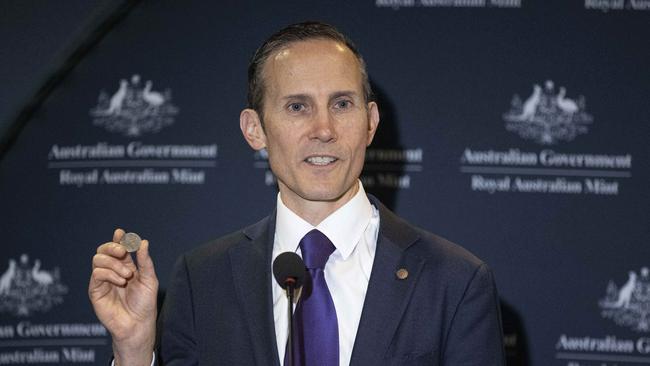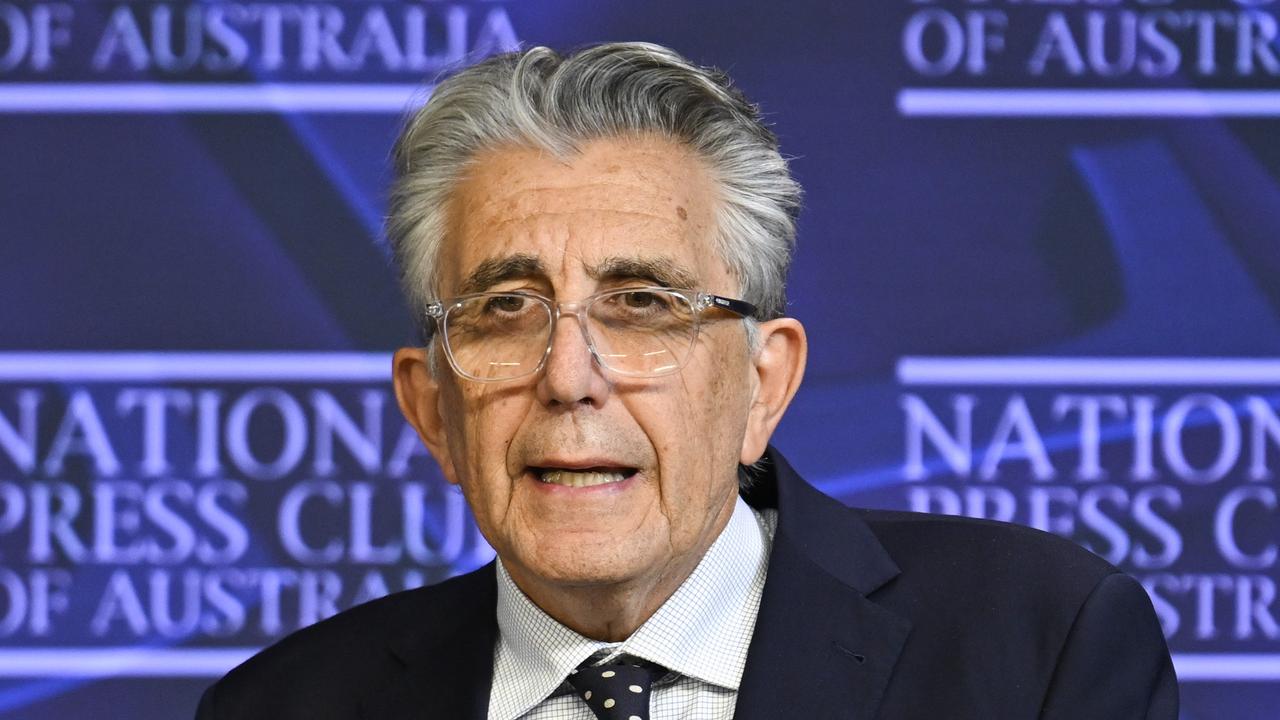US non-compete rules a step too far for Australia
While Australia has embraced some golden legislative ideas from the US, we need to be mindful of its tendency to take a concept with genuine validity and swing it too far in a populist direction.

While Australia has embraced some golden legislative ideas from the US, including the tort of privacy and anti-discrimination laws, we need to be mindful of a tendency for the US to take a concept with genuine validity and swing it too far in a populist direction.
Take the proposal being considered by the US Federal Trade Commission (FTC) to introduce a rule that would render non-compete clauses unlawful in all US states. Our Assistant Minister for Competition, Charities and Treasury, Andrew Leigh, is taken with the idea, telling a recent gathering in Melbourne that he has asked the Australian Competition & Consumer Commission to advise on the competitive impacts of non-compete clauses and any action the government should take in response.
But let’s consider the implications of following the FTC’s lead in an already fraught and uncertain climate for Australian businesses.
Under the FTC’s proposed rule, all non-compete clauses that prevent a worker from signing up with a new employer or starting their own business in competition with their former employer will be illegal. Other restrictive clauses, covering non-disclosure and non-solicitation, may also be illegal if they are written so broadly as to effectively preclude a worker from working in the same field.
The rule would render non-compete clauses illegal retroactively, requiring employers to rescind non-competes within 180 days of the publication of the final rule. Notably, the rule would not invalidate a non-compete clause entered into by a person selling a business if that person is a 25 per cent or more equity holder – under 25 per cent and you’re caught in the web.
Yes, the proposal can be viewed as economically progressive. Any measures that promote competition and erode barriers to the free flow of resources, human capital and ideas are worth considering. But it may be that the FTC’s rule is an extreme response to a localised problem, rather than a high-minded demonstration of economic principles that Australia would be well advised to emulate.

Non-compete clauses have become ubiquitous in the US, clearly stretching beyond the point of reason, let alone necessity. Unless, that is, you truly believe that the sandwich makers at “Jimmy John’s” or dog walkers at “Camp Bow Wow” should be silenced from revealing their trade secrets (yes, these are real-life examples).
But is the FTC’s idea another golden idea Australia should seize on or is it a US economy specific over-reaction which we should note but not follow? Clear sight would suggest the latter.
Unlike products that can move freely, the person responsible for creating them is, at least to some extent, inseparable from their expertise and knowledge. Without non-competes, what’s to stop the entrepreneur who sold you your business, the executive who knows all the inner workings of your company, or the technological wizard who innovated a competitive edge, from joining your competitor up the road?
The US has been vocal in arguing that the lack of robust IP protection in the Chinese market represents a systemic risk for foreign firms looking to trade there. But if non-competes are abolished (as broadly as the FTC is proposing), key protective features of the US market will be eroded. Valuable IP, which cannot otherwise be protected at law, could walk out company doors in the brains of employees.
This poses a systemic risk and a disincentive to investment – a disincentive to the creation of value. While the market for human capital will have less friction, the move would create inefficiencies in the process of value creation because companies will have to introduce other measures to protect their investments.
In the context of M&A, any and every deal will involve target assets that can be protected at law (e.g. land, fixtures attached to land, patents, domain names), assets that have a measure of legal protection, albeit without registration of title (copyright), and a whole heap of value (often referred to in accounting terms as goodwill) that can only be reinforced and protected by an amalgam of measures. Arguably the most important is the ability to apply reasonable restraints on key people.

If such people can walk out the door, and take their know-how and relationships with them, value is very clearly undermined.
In Australia, courts have sought to balance the various considerations by adopting the position that non-competes are only enforceable where the employer can demonstrate that they do not go further than reasonably necessary to protect legitimate business interests.
The fact that the FTC’s rule will not invalidate a non-compete clause where a person is a 25 per cent equity holder in the business appears to recognise that business interests can warrant protection but fails to reflect all the complexities. Under this hard and fast rule, a non-compete would be void against any such person with less than 25 per cent ownership, even if they were the brains behind the operation.
Where the US applies an arbitrary 25 per cent benchmark, Australian courts deal with these issues on a more nuanced basis.
The continuing (albeit qualified) validity of non-solicit clauses and confidentiality obligations doesn’t adequately mitigate concerns about the US proposal. Non-solicit provisions almost always have exceptions for positions advertised publicly. And confidentiality obligations, while important, are blunt tools. Hence the attraction of the simplicity provided by a non-compete which provides a limited period of “clear air” to a business after losing a key player.
That said, the Australian system is not without its flaws. Like the US, non-competes in Australia are gloriously overused and an employer will pop one into employment contracts knowing it has no teeth but hoping it will spook employees who aren’t fully aware of their legal rights, or not sufficiently resourced to take legal action to protect them.
But if Australian regulators decide to review the use of non-competes, we shouldn’t be following the US. Rather, a rule that provides greater clarity on their application and scope, and a set of more balanced guidelines, would represent a more appropriately nuanced reform.
Jonathan Wenig is lead partner in Arnold Bloch Leibler’s corporate and M&A practice.



To join the conversation, please log in. Don't have an account? Register
Join the conversation, you are commenting as Logout